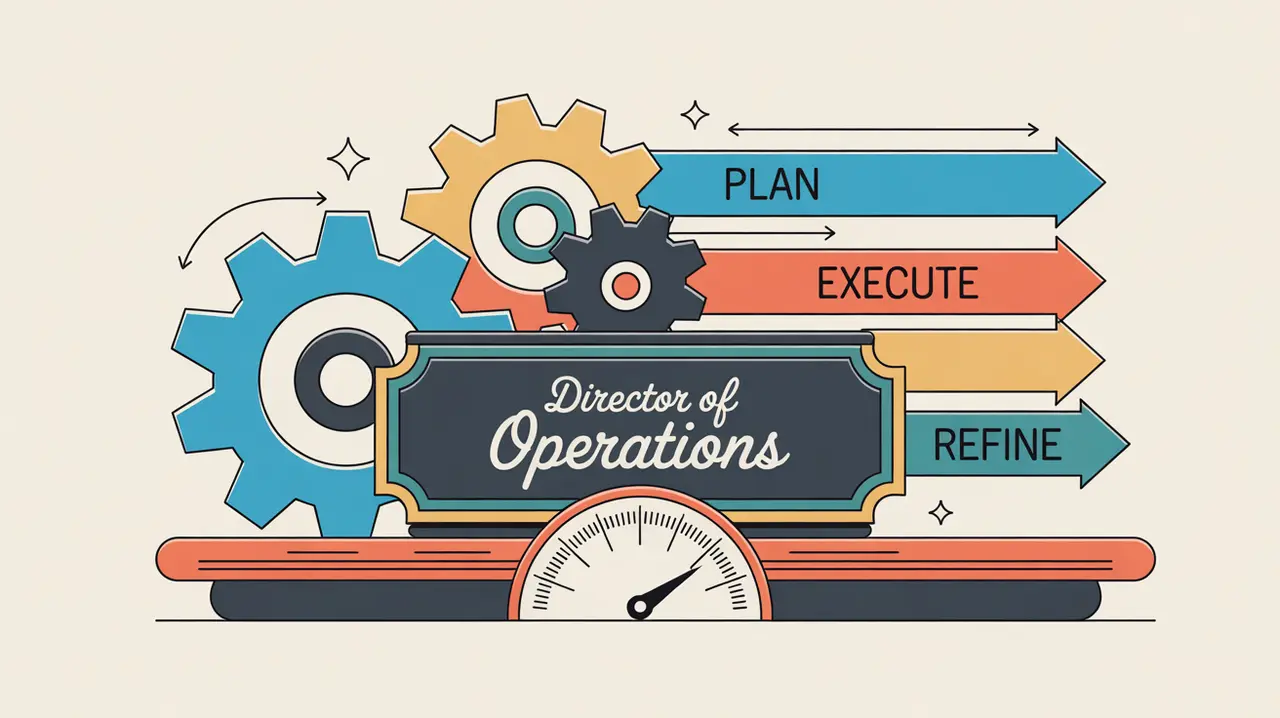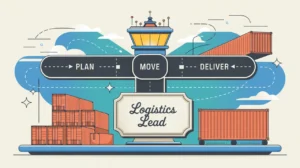What Does the Director of Operations Role Involve?
A director of operations is responsible for ensuring that the organization’s core operational systems, processes, and infrastructure run efficiently and effectively to support strategic goals and program delivery. This involves overseeing areas such as administration, logistics, procurement, facilities, IT, and sometimes finance and HR, depending on organizational structure. The role typically sits within the executive function and works closely with the chief operating officer, chief executive officer, and departmental leaders to ensure operational excellence. In both nonprofits and social enterprises, directors of operations play a critical role in translating strategic plans into reliable systems and workflows that sustain organizational performance and growth.
At What Level does this Role Operate?
Executive Level: This role typically reports to the chief operating officer or chief executive officer. It involves leading operational strategy, managing cross-functional teams, overseeing multiple operational domains, and advising leadership on resource allocation, risk management, and system improvement.
Relative Employability: Director of operations roles are in consistently high demand across nonprofits, social enterprises, philanthropic organizations, and international NGOs. As organizations scale and become more complex, operational leadership becomes essential for maintaining effectiveness and ensuring that programs are delivered reliably and efficiently.
Relative Pay Scale: Within nonprofits and social enterprises, director of operations roles sit in the executive pay bands, reflecting their wide scope of responsibilities, strategic influence, and leadership of core organizational functions.
What are the Key Responsibilities and Activities?
- Develop and lead the organization’s operational strategy, ensuring alignment with mission and strategic priorities
- Oversee administrative systems, logistics, procurement, facilities, IT infrastructure, and other operational functions as required
- Manage operational teams, providing leadership, coordination, and capacity building across departments
- Collaborate with leadership to allocate resources effectively and design systems that support organizational growth
- Ensure compliance with legal, regulatory, and safety standards in all operational domains
- Identify and implement process improvements to increase efficiency, reduce risk, and support program delivery
- Oversee contracts, vendor relationships, and service agreements to ensure cost-effectiveness and quality
- Monitor operational performance through key metrics and reporting to leadership and boards
- Lead organizational planning for scaling operations, risk management, and crisis response
What Core Competencies and Qualifications are Needed?
Required Qualifications and Experience
The following reflect common qualifications and experience expected for this role, while recognizing that pathways may vary by context, organization, and region.
- Relevant academic background in business administration, operations management, public administration, or a related field, or equivalent professional experience
- Extensive experience in operations leadership roles, preferably in complex or multi-site organizations
- Strong understanding of administrative systems, logistics, procurement, IT, and compliance frameworks
- Proven ability to lead cross-functional teams, design systems, and advise leadership on operational strategy
- Excellent problem-solving, organizational, and communication skills
Key Competencies
- Operational strategy and leadership
- Systems design and process improvement
- Resource allocation and cross-functional coordination
- Legal, regulatory, and compliance oversight
- Vendor and contract management
- Risk management and organizational resilience
How are AI and Automation Shaping this Role?
An AI-native director of operations will look to AI and automation to optimize systems, enhance decision making, and reduce inefficiencies across functions. They can use AI tools to forecast resource needs, monitor logistics, analyze operational data, and flag risks or bottlenecks. Automation can streamline procurement, reporting, administrative workflows, and IT support, enabling operational leaders to focus on strategic planning and organizational agility. By integrating AI thoughtfully, directors of operations can build smarter, more adaptive operational ecosystems that strengthen the backbone of mission delivery.
What Career Pathways and Transferable Skills are Associated with this Role?
Director of operations roles can lead to positions such as chief operating officer, chief executive officer, or other senior leadership roles. The skills developed in operational strategy, systems design, risk management, and cross-functional leadership are highly transferable across nonprofits, social enterprises, philanthropic organizations, government agencies, and private sector entities. This role provides a strong platform for driving organizational excellence and sustainable growth.







